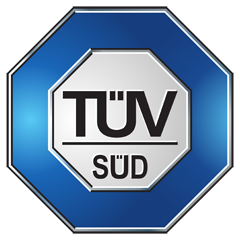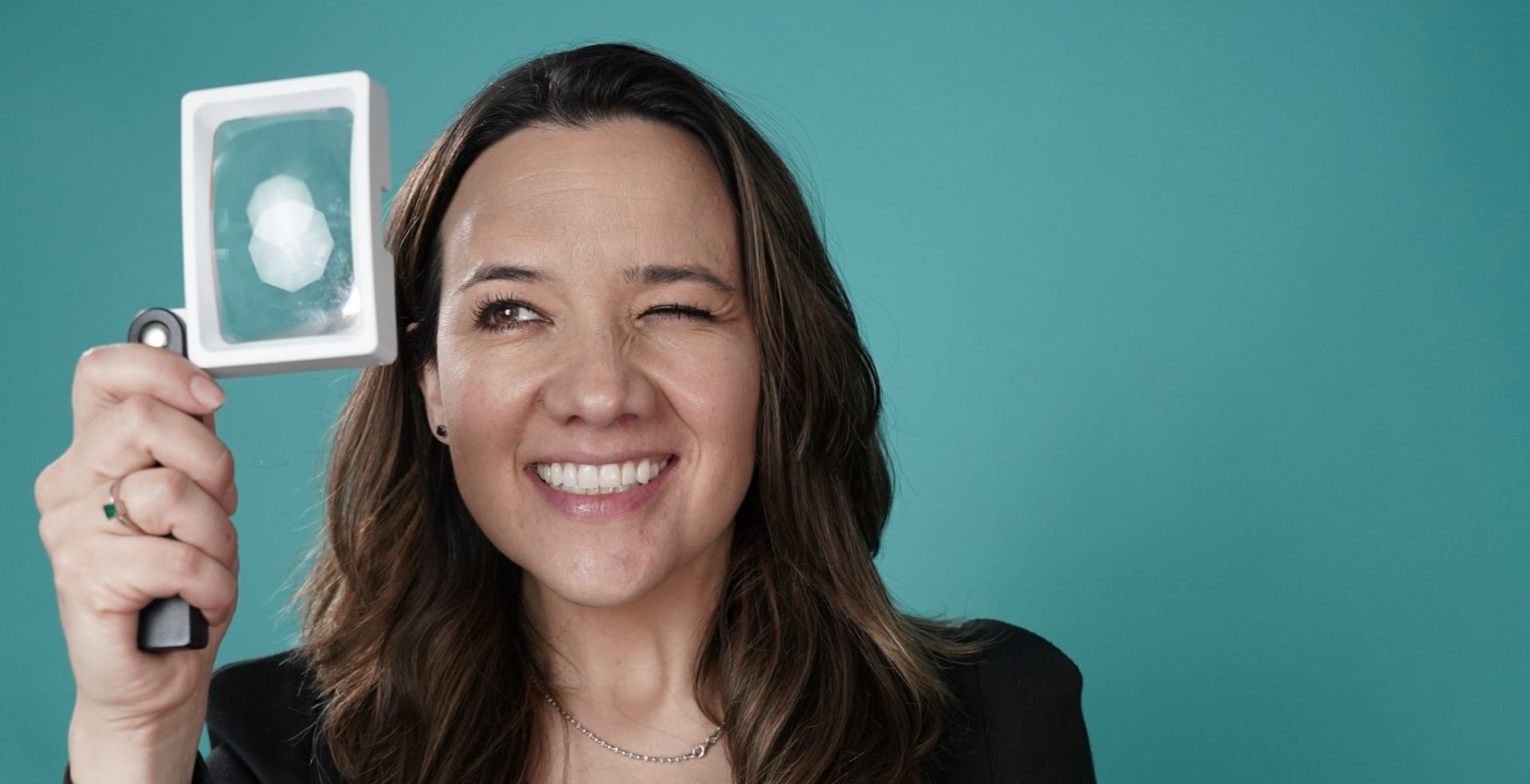More recycling –
greater certainty
Our planet is at stake. If we want to preserve it, we need to embrace more sustainable ways of living. Our society, our policymakers, and even our markets are increasingly calling for products that meet the standards of a circular economy. TÜV SÜD has understood. We support companies with a portfolio of around 20 testing and certification methods that cover the entire life cycle of a product.
On top of her desk bears a small label stating “100% Biodegradable”–– just like thousands of other labels that Dr. Natalia Duque Ciceri has encountered in the course of her career. But will the product keep its promise? Verifying this is the task of Duque Ciceri, Head of Global Sustainability Services at TÜV SÜD’s Product Service Division, and her team.
These experts from TÜV SÜD have developed a program spanning the entire life cycle of products, starting with analysis of the raw materials and production processes involved and extending to the product’s use and, finally, its end-of-life to substantiate product sustainability claims. What about the chemical safety of the raw materials? Do the production processes make use of renewable energy sources? Is the product robust enough to withstand everyday use throughout an acceptable lifespan? And when it reaches the end of its life, can it actually be recycled as promised, either wholly or partly? TÜV SÜD has the right answers for all of these questions in the form of testing and certification methods tailored precisely to the aspects involved.
.jpg)
An area where close scrutiny is rewarded is the textile industry, which has achieved recycling rates of no more than one percent or so to date. “Given this background, it is important that we apply a ‘four-eye principle’ to confirm to our customers that the suppliers’ information is correct and ultimately their claims really contribute to a more sustainable product”, explains Duque Ciceri.
Recycled polyester is currently in high demand in textile manufacturing. TÜV SÜD has developed its own inhouse method for verifying the credentials of the material, implemented by specialists in the company’s laboratories in India.
Analyzing the origins of PET
Polyester certification targets an enormous market; this synthetic material alone accounts for around 50 percent of global textile production. Many brands are currently trumpeting their environmental credentials with labels claiming the use of “Recycled Polyester.” TÜV SÜD has developed a method that can pinpoint whether polyester is actually derived from recycled PET bottles. The company’s laboratories near Chennai in India analyze the percentage of isophthalic acid – a chemical compound generally known as a constituent of PET – in the specimens submitted for testing. The effectiveness and accuracy of the method has been confirmed by testing on thousands of products.
.jpg)
Natalia Duque Ciceri has been Head of Sustainability Services at TÜV SÜD’s Product Service Division since 2019. She has over 14 years of experience in the industrial and commercial sectors, specializing in sustainability, lifecycle assessment (LCA), and circular economy.
.jpg)

